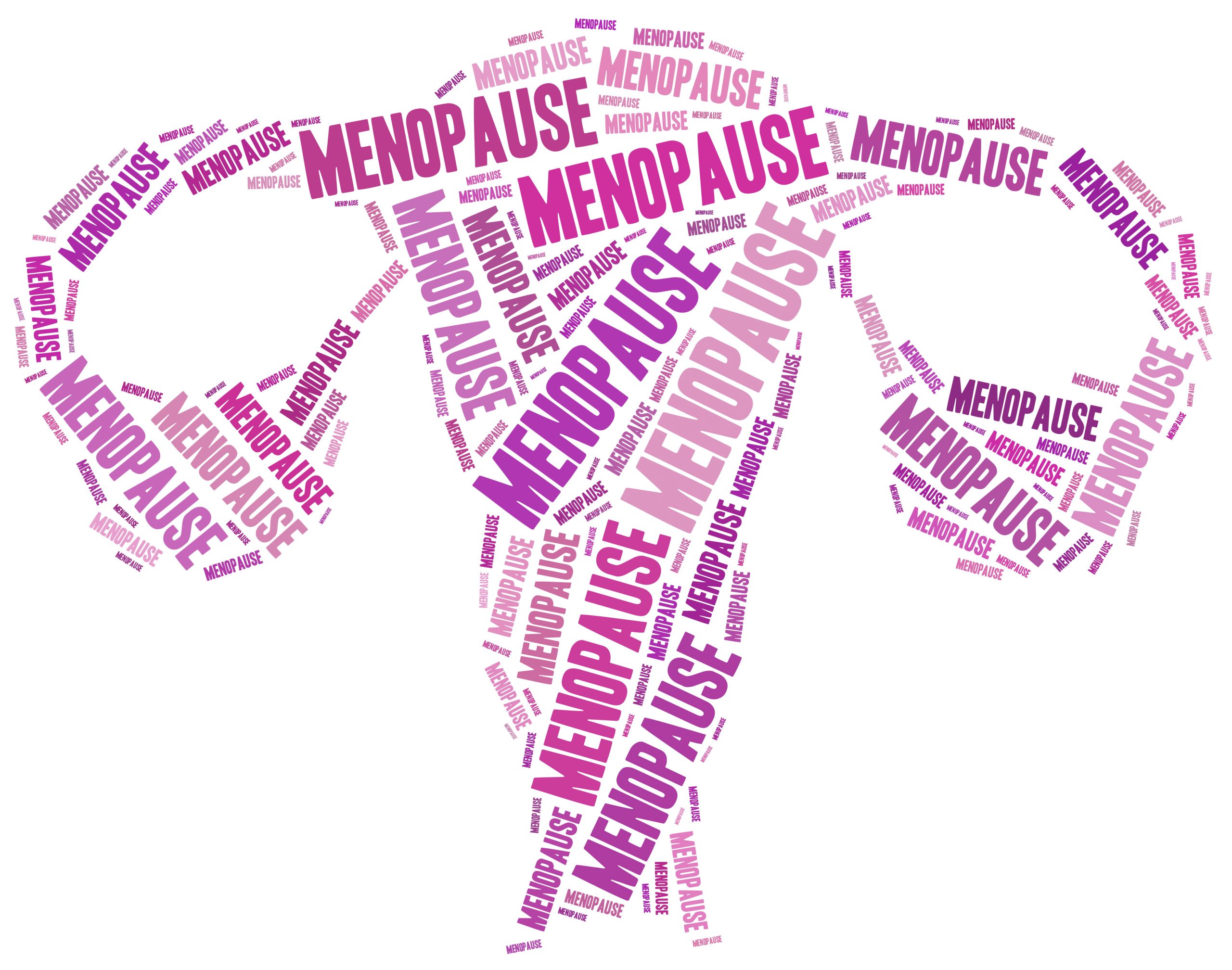First off, it is important to establish that menopause is not a disease or a disorder. In fact, menopause is a natural phase in a woman’s life that is filled with emotional transitions, in addition to physical ones too.
What is Menopause?
Menopause is a natural phase in a woman’s life that is experienced differently for each woman. For some, menopause can bring hot flashes, trouble sleeping (from hot flashes), pain during sexual intercourse, bladder control issues, sudden mood changes and irritability and even depression, in more severe instances. For others, symptoms can be mild and they can be experienced to varying degrees.
Menopause generally occurs in the 12 months after a woman’s final period. In the years leading up to this point, women commonly experience shifts in their menstrual cycles, have hot flashes and other symptoms (as previously mentioned). This period of a woman’s life is called a menopausal transition or perimenopause and usually happens from ages 45 to 55. About seven years of this time (but it can be up to 14) is spent in perimenopause. Its duration depends on a number of lifestyle factors including (but not restricted to) smoking, age it starts, genetics, ethnicity and stress. During perimenopause, a woman’s production of estrogen and progesterone (two hormones made by the ovaries) fluctuates greatly.
What are the Symptoms of Menopause?

It is important to understand that no menopausal transition is the same. Each woman is unique and experiences it in differing ways. The body starts to burn energy differently too. Fat cells change and women may see more weight fluctuations, usually in gaining weight.
Hot flashes are a common culprit for women experiencing menopause and these can last for years. They are often linked to fluctuating estrogen levels and are a sudden feeling of rushing heat in the body. The face and neck are particularly prone to this, with red blotches on the chest, back, and arms. Heavier perspiration, followed by cold shivering can also occur. Hot flashes can be strong enough to wake someone up. Most hot flashes periods only last between 30 seconds and 10 minutes. They can happen several times an hour or only a few times in a week. As mentioned, everyone is different so their menopausal experience with hot flashes varies greatly.
When symptoms of menopause are experienced, a doctor will further determine if it is occurring by asking questions about a woman’s health and familial history. In some cases a doctor may suggest having a blood test to check for follicle-stimulating hormone (FSH) and estradiol (E2) levels to rule out any other causes for the changes experienced.
How to Relieve Menopause Symptoms
Estrogen is used in a variety of places in a woman’s body and as estrogen levels decrease, the likelihood of menopause symptoms occurring increases. Many women experience only mild symptoms and these can be easily treated with minor lifestyle changes. Decreasing caffeine consumption is a common remedy, so is wearing looser and cooler clothing for hot flashes.
Despite all these life-changing factors, there are plenty of natural and non-invasive remedies available to help any woman significantly during menopause. Seeing a doctor to confirm menopause has started is crucial, but there’s not a significant medical treatment or prevention available to totally side step menopause. Instead lifestyle changes and natural remedies are here to see women through this time of their lives.
Because your bones can weaken during menopause (which increases the risk of osteoporosis later) eating foods high in calcium and vitamin D are important to add to or increase in a woman’s diet. The good news is that there are many foods high in calcium, especially dairy products like yogurt, milk and cheese. Leafy green vegetables such as kale, chard and spinach contain high levels of calcium also. Tofu, beans and sardines also contain loads of calcium.
Getting more vitamin D is easy to add too. Just get out in the sun! Our skin naturally produces it when exposed to the sun. However, as we get older, our skin produces less of it. If being in the sun is difficult, taking a supplement or increasing food with vitamin D will help. Oily fish, eggs and cod liver oil supplements are just a few ways to achieve this.
Due to the possibility of gaining more weight with the onset of menopause, achieving or maintaining a healthy weight is another natural remedy you can use. Excess weight will also increase the severity of any hot flashes.
There are a number of herbal remedies that may help alleviate menopause symptoms. Keep in mind, those herbal remedies have varying effects on people and a health care practitioner should be consulted. Here are just some examples of herbal remedies:
Black Cohosh: Actaea racemosa, Cimicifuga racemosa) This herb has received quite a bit of scientific attention for its possible effects on hot flashes. Black cohosh may act as a hormone imitator, binding to opioid receptors in the brain, and possibly influencing serotonin levels.
Red Clover: (Trifolium pratense), By weakly binding to estrogen receptors in the body, red clover’s phytoestrogens help normalize estrogen action. Its phytoestrogens include lignin’s, coumestans, and isoflavones.
Dong Quai: (Angelica sinensis) Dong quai has been used in traditional Chinese medicine to treat gynecologic conditions for more than 1,200 years.
Soy: according to some research, is said to beneficial in reducing the severity of hot flashes too. It is said to have a similar physiologic effect to estrogen.
There are a number of ways women can lessen the severity of their menopause symptoms and they should be explored with the help of a healthcare practitioner who specializes in the area of interest you are pursuing. But most importantly, maintaining a healthy balanced diet, exercising, getting plenty of sleep and of course taking care of your mental and emotional well being are always key to maintaining a healthy, balanced, abundant life.
SOURCES USED :
https://www.verywellhealth.com/natural-remedies-for-menopause-that-actually-work-2322658
https://www.nia.nih.gov/health/what-menopause
As a retired registered massage therapist, I’ve always been interested in health. I grew up loving sports so that carried into my adult life in my chosen career paths and in my personal life. I now stay active with weight training, hiking and biking. My professional life has always been in health care. This has inspired me to seek out and adopt a life of natural health and wellness.

